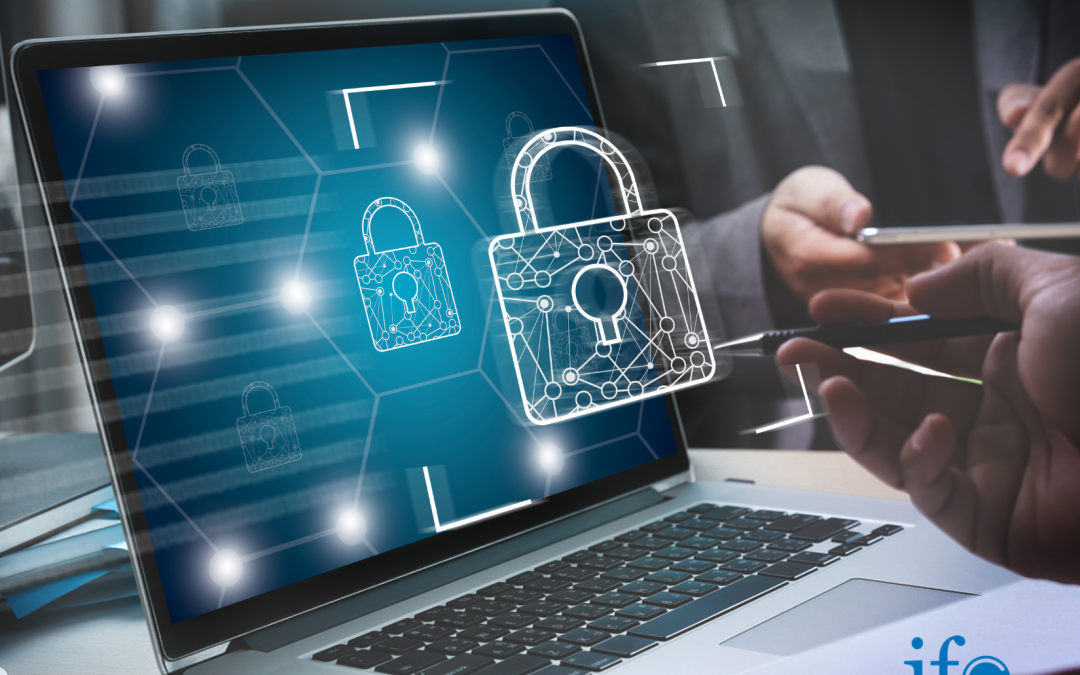In our fast-paced digital age, electronic devices like smartphones, tablets, and computers have seamlessly woven into our daily lives. Technological marvels have revolutionized the way we communicate, work, and play, but they have also raised critical concerns about privacy and security. In a world where our personal and professional lives are increasingly intertwined with technology, safeguarding our digital world is paramount.
The Growing Significance of Cybersecurity
Our reliance on electronic devices has led to an unprecedented level of connectivity. We now use our smartphones to manage our finances, shop online, share personal information, and even control our homes. Similarly, computers and tablets store an array of sensitive data, from personal documents to business secrets. While these advancements have made our lives more convenient, they’ve also made us more vulnerable to cyber threats.
Common Cybersecurity Concerns
- Data Breaches: High-profile data breaches in recent years have exposed millions of individuals’ personal and financial information, highlighting the need for robust data protection measures.
- Phishing Attacks: Cybercriminals often use deceptive emails and websites to trick individuals into revealing sensitive information or installing malware.
- Ransomware: Malicious software that encrypts your data and demands a ransom for its release has become a significant threat to individuals and businesses alike.
- Weak Passwords: Many people still use easily guessable passwords, leaving their accounts susceptible to hacking.
- Unsecured Wi-Fi: Public Wi-Fi networks can be hotspots for cyberattacks, making it essential to take precautions when connecting to them.
Protecting Your Digital World
On National Computer Security Day and every day, it’s crucial to take proactive steps to protect your digital world:
- Use Strong, Unique Passwords: Employ complex passwords and consider using a reputable password manager to keep track of them.
- Keep Software Updated: Regularly update your devices and software to patch vulnerabilities.
- Educate Yourself: Stay informed about the latest cybersecurity threats and best practices.
- Use Encryption: Ensure your sensitive data is encrypted, both in transit and at rest.
- Enable Two-Factor Authentication (2FA): Add an extra layer of security to your accounts with 2FA.
- Beware of Phishing Attempts: Be cautious when clicking on links or downloading attachments from unknown sources.
- Secure Your Wi-Fi: Set up strong passwords for your home Wi-Fi network and avoid using public Wi-Fi for sensitive transactions.
By taking these precautions, you can significantly reduce your risk of falling victim to cyberattacks and enjoy the benefits of our digitized world with greater peace of mind.
As our reliance on electronic devices continues to grow, so does the importance of cybersecurity. National Computer Security Day serves as a valuable reminder that protecting our online data is an ongoing commitment, both personally and professionally. By staying informed and implementing best practices, we can safeguard our digital world and enjoy the boundless benefits of our interconnected age securely.

